Technical skills are becoming important in many industries in the constantly evolving digital world . Having an in-depth knowledge of technical skills can greatly improve your productivity, problem-solving ability, and professional advancement regardless of your industry—marketing, finance, healthcare, or education.
In this blog we are going to discuss about technical skills, use of technical skills.
What are Technical Skills ?
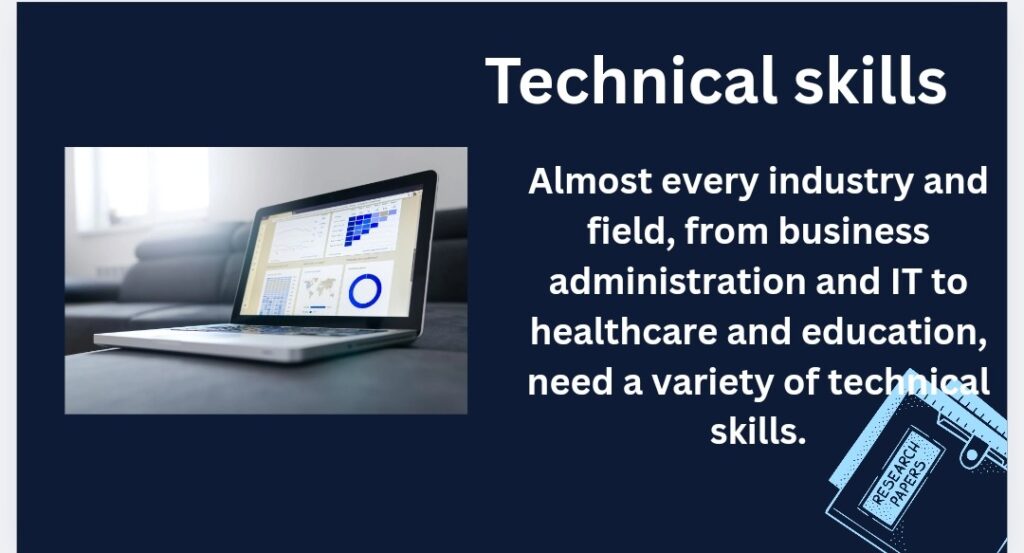
The abilities and knowledge required to carry out particular duties in science, engineering, technology, or other specialized professions are known as technical Skills.
Almost every industry and field, from business administration and IT to healthcare and education, need a variety of technical skills.
Several entry-level jobs in a variety of industries demand for basic technical skills, such using Google Drive for cloud computing and interacting with social media. Programming languages, writing for technical purposes, and data analysis are a few examples of more complex technical abilities that a job may demand.
These skills are necessary for various jobs and can frequently be learned through school, training, or real-world experience. They are known as “hard skills” and are specialized to a given job.
Why are Technical Skills Important ?
Technical skills are important for success in today’s workplace because they allow people to effectively use tools, programs, and processes that are relevant to their jobs, resulting in greater productivity, problem-solving abilities, and adaptability to technology advances.
1.Improve Problem Solving And Creativity
Technical skills provide the foundation for understanding challenges and devising efficient solutions, Technical skills particularly important in professions that involve troubleshooting and resolving technical issues.
2.Adaptability
Individuals must regularly update their skills due to the rapid rate of technological advancements. Technical skill ,training and proficiency enable individuals to stay current with the latest trends and adapt to new technologies in their fields.
3.Increased Productivity
Technical skills enable employees to function more efficiently by employing cutting-edge equipment and technologies. This can lead to speedier workflows, more streamlined processes, and, ultimately,higher production.
Organizations with employees that possess outstanding technical skills have a competitive advantage in the market. This can result in enhanced productivity, innovation, and customer happiness.
4.High Demand
Technical skills are frequently in high demand across industries, making individuals with these skills more desirable to employers.
Many sectors are actively looking for workers with knowledge in fields such as cybersecurity, cloud computing, data analysis, and software development.
5.High Earning Potential
- Technical skills can result in more work opportunities, professional promotion, and higher earnings potential.
- In-demand technical skills are frequently rewarded with greater salary and better benefits packages, demonstrating the importance that businesses place on them.
6.Job Security
Yes, having good technical skills may significantly enhance job security. In today’s quickly changing technology landscape, businesses place a high value on workers with specialized technical experience, as these skills are critical for navigating and adapting to new technologies, increasing productivity, and driving innovation.
This can result in a higher demand for competent individuals, better career prospects, and, eventually, more job security.
Top 10 Technical Skills To Learn
1.Cloud Computing
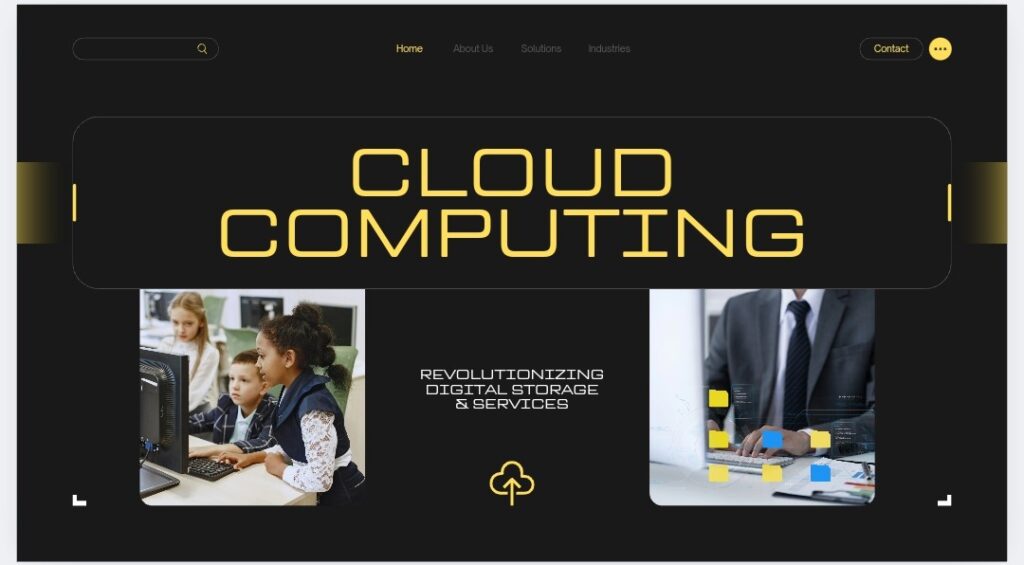
Cloud computing refers to storing and accessing data and programs via remote servers kept on the internet rather than the computer’s hard drive or local server. Cloud computing is also known as internet-based computing. It is a technology in which the user receives the material as a service via the Internet. The data stored can be files, photos, papers, or any other type of storable material.
Nowadays, cloud computing is used by every firm, whether it is a multinational corporation or a startup. Many people are still migrating to it because of the cost savings, lower maintenance requirements, and enhanced data capacity provided by cloud providers’ servers.
Cloud computing helps users easily access computing resources like storage and processing over the internet rather than local hardware.
2.Cyber Security

Cybersecurity is the process of protecting systems, networks, and programs from cyber attacks.
Cyber security includes using a variety of technologies, processes, and policies to protect systems and data. Effective cybersecurity is vital for businesses and individuals to reduce risks such as data breaches, financial loss, and reputational damage.
3.Web Development
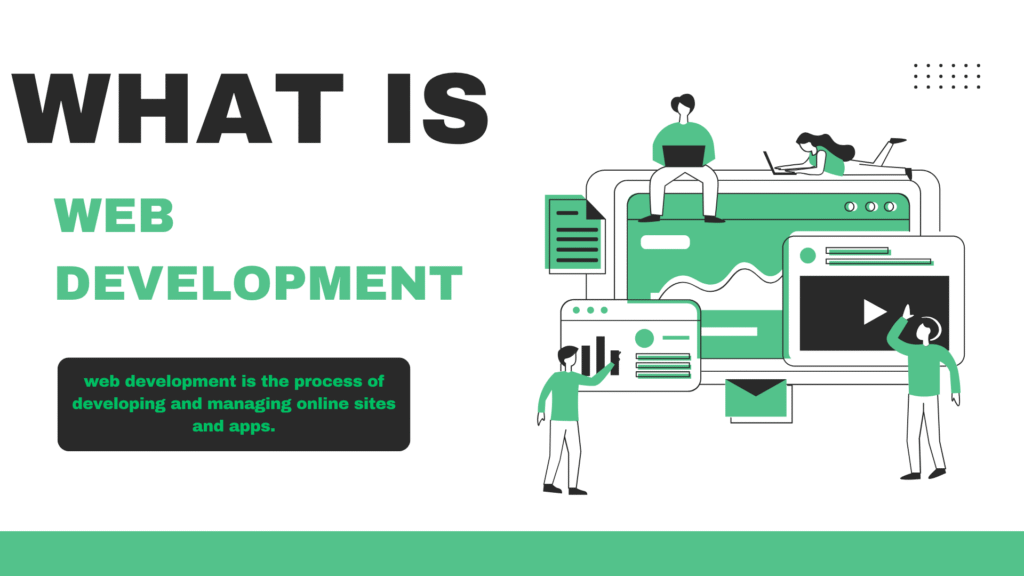
Web development refers to the process of creating and managing internet websites and apps.
It covers the technical side of developing a website, such as coding, design, and database management. This involves both front-end and back-end development. Web development has an unbreakable connection to the work of designing the features and functionality of apps.
Typically,web development refers to the actual construction of a website. HTML, CSS, and JavaScript are examples of core programming languages used in web development.
4.Digital Marketing
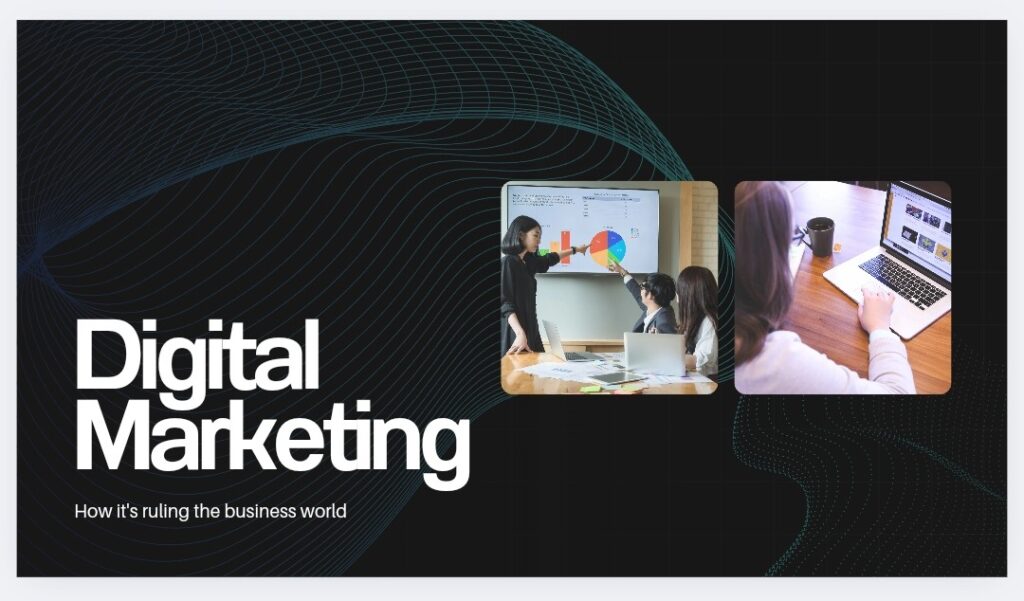
Digital marketing is also referred to as “online marketing.” Digital marketing refers to the online marketing of a product, brand, company, website, service, or business.
Digital marketing is a method of promoting any product or service through an online platform. These online platforms could include the internet, mobile devices, social media platforms, webinars, search engines, online consumer communities, and other digital platforms.
Everything from grocery shopping to schooling takes place online. So, in today’s environment, internet marketing is really vital.
Digital marketing is commonly characterized as online marketing campaigns that appear on a computer, phone, tablet, or other device. It can take many different forms, including online video, display ads, search engine marketing, sponsored social ads, and social network posts. These medium channels could include the internet, mobile devices, social media platforms, webinars, search engines, online consumer communities, and other digital platforms.
5.Software Development
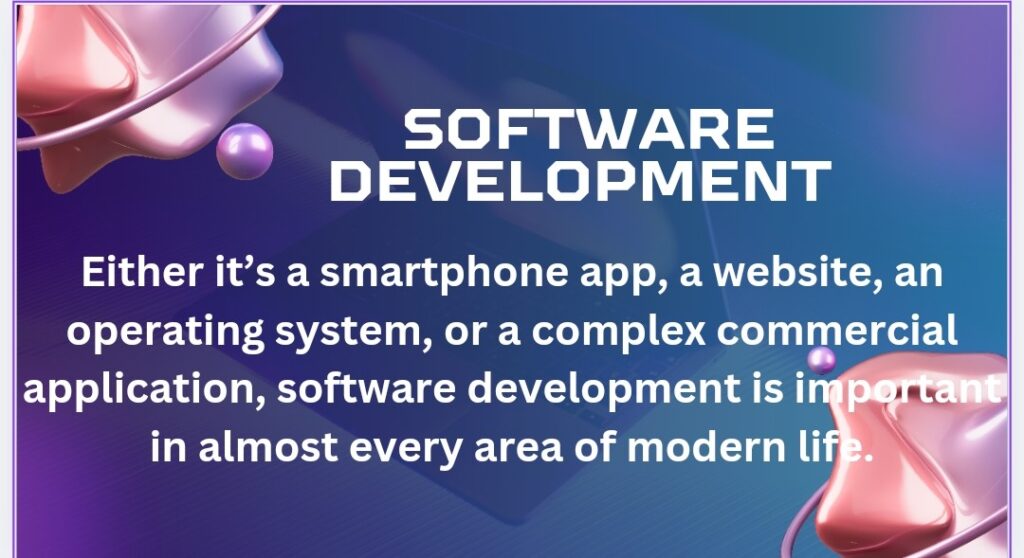
Software development is a group of computing projects that focus on the process of developing, designing, delivering, and maintaining software.
The goal of software development is to create a product that meets user needs and business objectives in an efficient, repeatable, and secure manner.
Software developers, programmers, and engineers collaborate to produce software through a process known as the software development lifecycle (SDLC). Software development teams use generative AI to design and test code.
Whether it’s a smartphone app, a website, an operating system, or a large commercial program, software development is critical in practically every aspect of modern life.
6.Artificial Intelligence (AI)
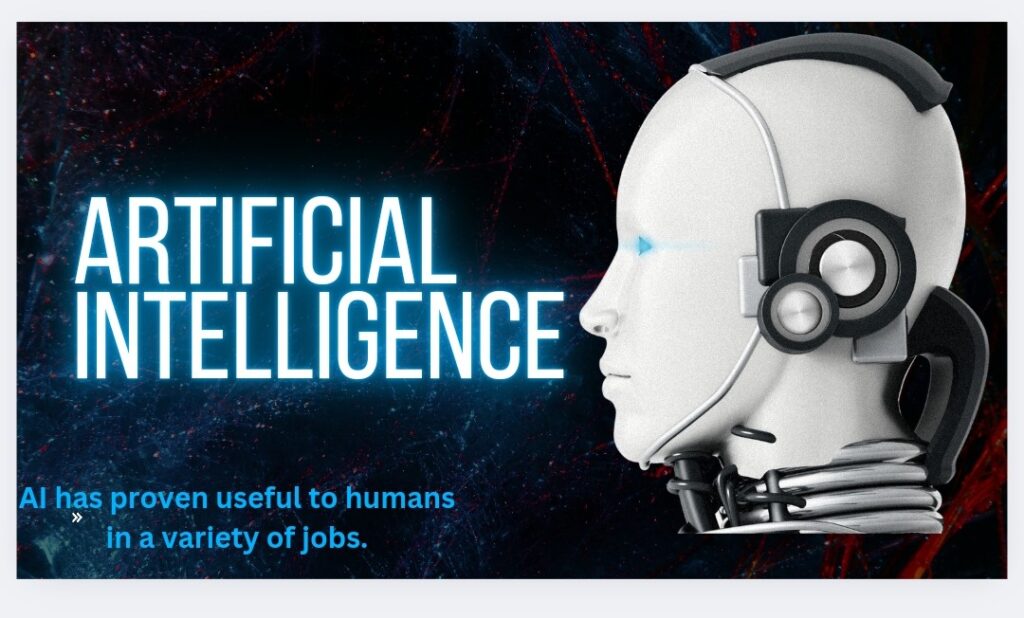
Artificial intelligence (AI) is the simulation of human intelligence in machines designed to think and behave like humans.
This includes skills such as learning, reasoning, problem solving, and decision-making.
AI is a vast field that includes a variety of techniques and applications, ranging from simple reactive robots to sophisticated systems that use machine learning and deep learning.
7.Data Science
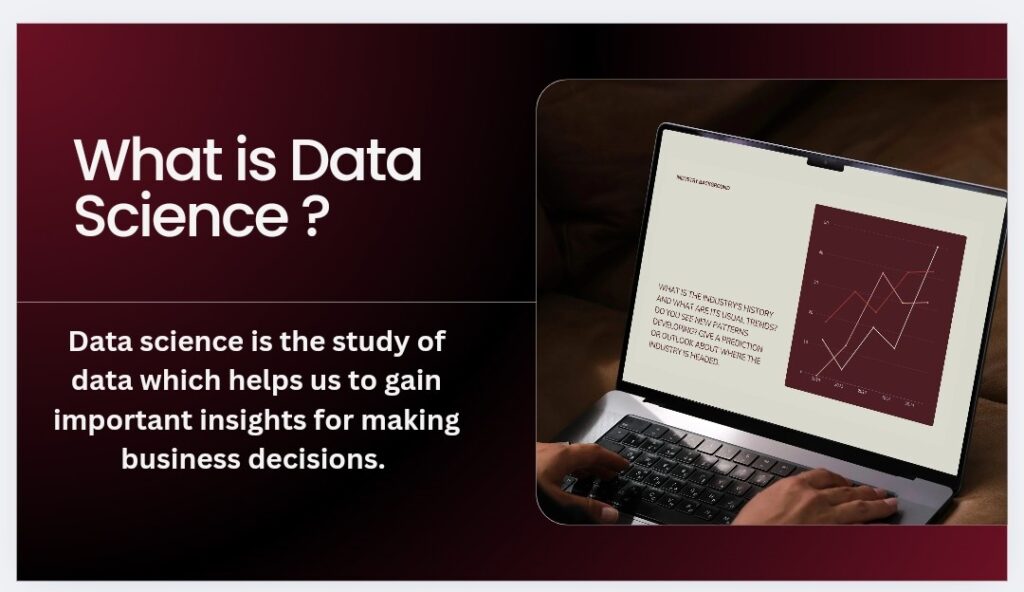
Data science is the study of data that allows us to get valuable insights for business decisions.
Data Science is all about using tools, methods, and creativity to uncover hidden insights in data. It applies math, computer science, and domain knowledge to address real-world issues in a variety of businesses.
Data science enables industries to make faster, better, and more informed decisions. To detect patterns and obtain this type of knowledge, you must have a thorough understanding of the relevant subject.
Examples:
A healthcare-focused data scientist can estimate patient risks and recommend appropriate therapies. Data science uses raw data to solve business problems and make predictions about the future.
8.Database Management
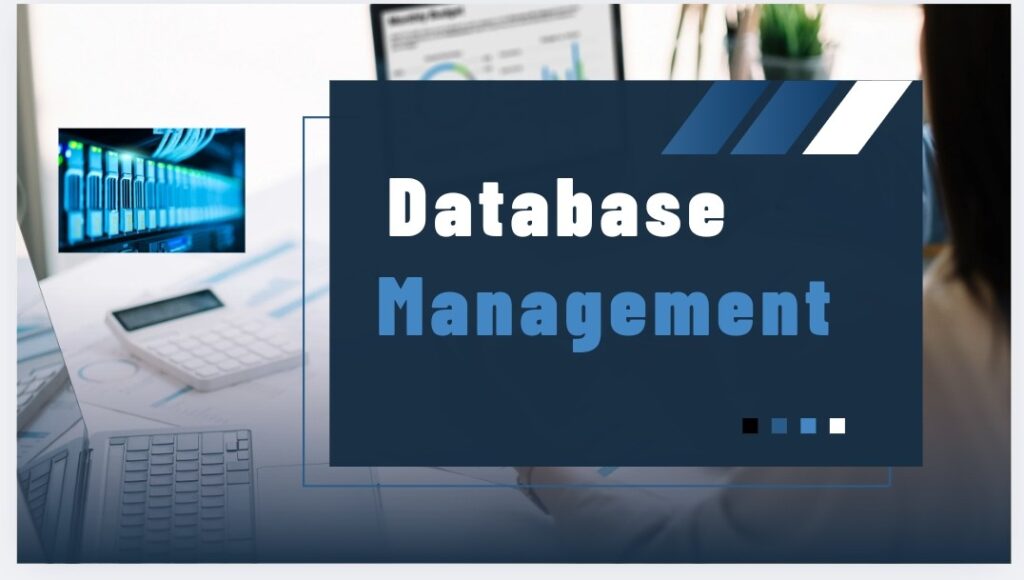
Database management encompasses the methods and technology used to store, organize, access, and maintain data within a database.
It includes a variety of operations, such as designing the structure of data and assuring its security and rapid retrieval.
A Database Management System (DBMS) is the software used to make these activities possible.
9.Mobile App Development

Mobile app development refers to the process of producing software for smartphones, tablets, and other mobile devices.
This includes creating applications for platforms such as iOS and Android, which frequently use network connections to access external computing resources.
The development process includes everything from the initial concept to implementation and maintenance, and it is a constantly expanding field across multiple industries.
Mobile app development frequently uses the specific hardware and software capabilities of a device.
10.Virtualization

Virtualization is a technique that allows you to create virtual versions of computer resourcesincluding servers, storage, networks, and operating systems from a single physical computer.
This allows various operating systems and applications to run concurrently on the same hardware, enhancing resource usage, flexibility, and cost-effectiveness.
